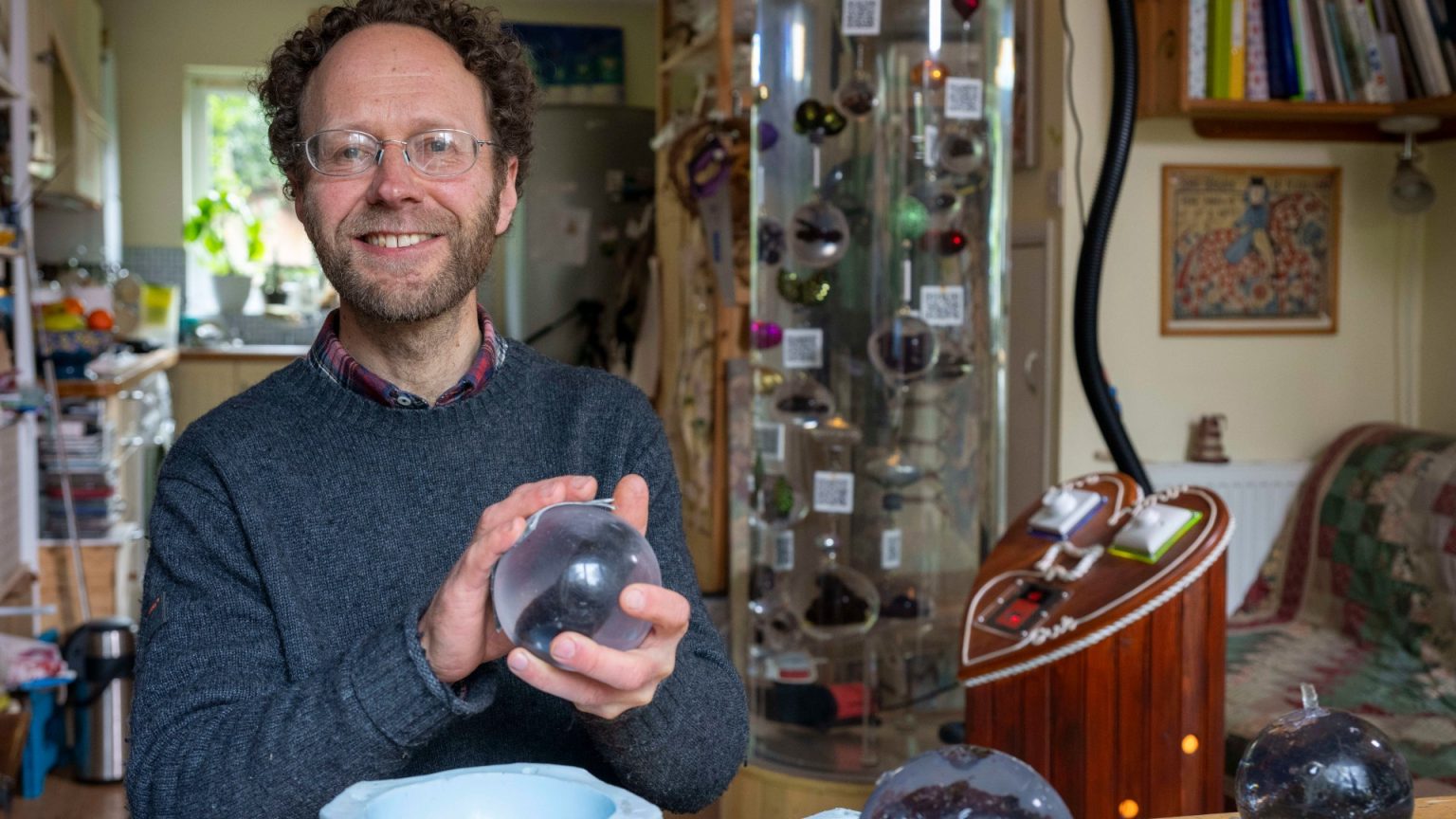The National Poo Museum, a unique institution nestled within the repurposed Sandown Barrack Battery fort on the Isle of Wight, is embarking on a transformative journey. Opened in 2016 by former plumber Daniel Roberts, the museum began as a modest exhibition at the Isle of Wight Zoo, showcasing a collection of faecal samples preserved in resin spheres. Its initial success propelled it to a permanent location in a former public toilet near Sandown Bay in 2018. Now, aiming to further destigmatize this often-overlooked aspect of biology, the museum is preparing for a UK-wide tour, temporarily closing its Isle of Wight location for the remainder of 2024.
The museum’s touring exhibition promises an engaging experience, featuring a novel illuminated aquarium displaying further preserved specimens. These samples, sourced from a diverse group including a midwife, a policeman, a baby, an artist, and a Cambridge scientist, have undergone a unique preservation process. Frozen and encased in resin, they float within the aquarium tank, offering a visually intriguing spectacle. Interactive elements allow visitors to control the rotation speed of the specimens, adjust lighting, and even introduce bubbles. Each sample is further contextualized with a QR code, linking to scientific papers, humorous songs, or intriguing facts, adding depth and engagement to the display.
This touring initiative stems from the museum’s overwhelming popularity at its current location. Nigel George, the museum’s director, explains that the small space struggles to accommodate the high visitor demand, especially during peak seasons, leading to long queues and, ultimately, the decision to expand its reach. The museum has, in essence, become a victim of its own success, necessitating this innovative approach to share its collection and message with a wider audience. Initial tour dates will focus on local libraries on the Isle of Wight, with details of further venues and schedules yet to be announced. Discussions are ongoing with three potential partner organizations, one on the Isle of Wight and two on the mainland, emphasizing the museum’s ambition to broaden its impact across the UK.
Visitor reviews highlight the museum’s appeal, with a 4.5/5-star rating on TripAdvisor based on over 100 reviews. Visitors often praise the museum’s informative and engaging nature, appreciating the staff’s friendly and helpful approach in explaining the exhibits. Families find it particularly enjoyable, with children fascinated by the unusual subject matter. The museum’s ability to present a potentially awkward topic in an accessible and intriguing manner has resonated with visitors, cementing its reputation as a “little gem” well worth exploring.
While the National Poo Museum takes its unique collection on tour, other quirky museums across the UK offer equally intriguing experiences. These include the Dog Collar Museum at Leeds Castle, exhibiting a historical collection of dog collars; the British Lawnmower Museum in Southport, showcasing the evolution of lawnmowers; the Museum of Witchcraft and Magic in Boscastle, exploring the history and practice of witchcraft; the Fan Museum in Greenwich, dedicated to the art and history of fans; and the Cumberland Pencil Museum in Keswick, celebrating the history and production of pencils. These diverse institutions offer a glimpse into niche interests and often-overlooked aspects of history and culture.
The National Poo Museum’s upcoming tour serves as a testament to its unconventional approach and surprising popularity. By taking its exhibits on the road, the museum aims to reach a broader audience, further normalizing conversations about a typically taboo subject. The museum’s commitment to engaging, informative, and interactive displays has clearly resonated with visitors, promising an equally successful and intriguing experience as the tour unfolds. Its journey from a small exhibition to a nationally recognized institution speaks to the power of embracing the unusual and finding educational value in unexpected places.


